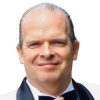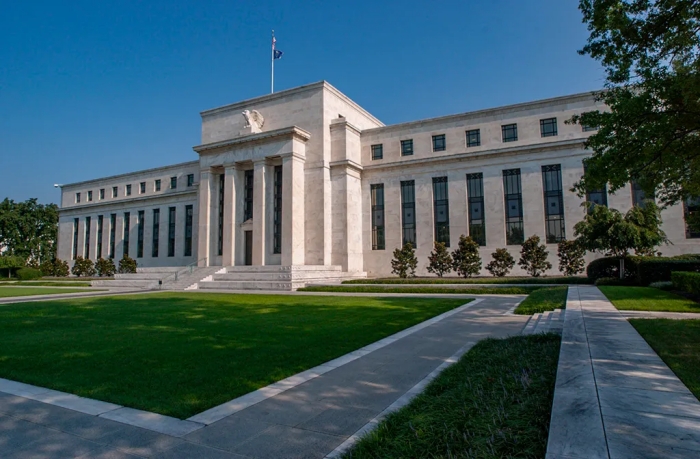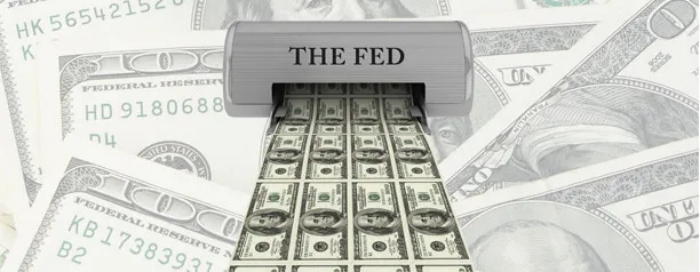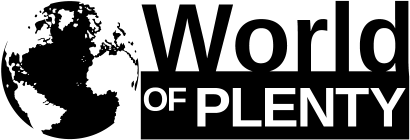The 2 Monopolies Of Central Banks
What must be impossible in Ethical Money.
 | TEUN VAN SAMBEEK |
|---|---|
| 14 FEBRUARY 2025 |

When you look at the financial system - for example when you start to have an education in economics - you are told about the invisible hand theory. The invisible hand is a metaphor for the unseen forces that move the free market economy. Through individual self-interest and freedom of production and consumption, the best interests of society, as a whole, are fulfilled. The constant interplay of individual pressures on market supply and demand causes the natural movement of prices and the flow of trade.
Monopoly 1
Well, this is all fine and dandy, if there was such a thing as a free market economy. We all know now that the market economy is far from free or natural. The economic markets are heavily manipulated by banks and central banks, and especially the privilege of central banks to print money out of thin air, gives their owners a massive advantage or - put in another way - results in a massive disadvantage for the common people. The privilege of central banks to print money out of thin air can also be seen as the first monopoly of central banks with their commercial banks, as no other institute is allowed to also print money out of thin air. This monopoly is their most important one because it allows the owners of these central bank to use inflation and bull and bust cycles to transfer all wealth to them and their cronies.

Monopoly 2
Then there is all the secrecy around the ownership of commercial and central banks. On the website of Economic Reform Australia you can read that:
Some people erroneously believe that private banks “own” the Fed. This is because the original Act of Congress required that member banks invest a sum equal to 6% of their capital in the stock of their regional Federal Reserve Bank. But this was not required to disseminate Federal Reserve ownership. Forcing member banks to “invest” some of their capital in the Fed was essentially a guarantee against loose practices. So one can say that the Fed is not owned by anyone.
The “stock” owned by these banks is not stock in the normal, corporate- investment sense of the word. It carries only nominal proprietary interest, it cannot be sold or pledged, it represents no claim on Fed assets, and it carries no effective voting rights on any important decisions (i.e. directors appointed by member banks can always be outvoted by people appointed by the President and Congress).
In other words, the “stock” should not be interpreted as ownership stock at all. And the Fed could operate without this “stock”, which serves no worthwhile purpose whatsoever. Eliminating it would change nothing in regard to the basic structure and functions of the Fed. The Fed does not need the money because it has the ability to create money whenever it needs any.
You don’t need to think long to see that this doesn’t make sense. How is the 6% investment of member banks a guarantee against “loose practices” if the shares has no effect on voting rights or important decisions. If the FED can create money out of thin air anyway, and the Government appoint all the directors and can overrule the member banks at any time, why not just return the stocks and stop the member banks to be involved whatsoever.
On February 13th, 2025, this happened according to Investopedia:
Federal Reserve Chair Jerome Powell said he views proposals to ”audit the Fed” floated by Elon Musk and others last week as a step toward ”eliminating” the central bank.
Musk, the world's richest person and influential advisor to President Donald Trump, revived a decades-old debate about overseeing the nation's central bank this week. He made several posts on social media calling for the Fed to be audited in the lead-up to Powell's congressional testimony this week.
The Government Accountability Office, the government's independent watchdog agency, regularly audits the Fed's activities. However, the GAO does not audit the central bank's monetary policy decisions.
Musk is reviving an idea originated by Ron Paul, who the billionaire said could potentially run a new kind of audit. During his time in Congress, Paul targeted the Fed through several avenues, including audits that would look into how monetary policy decisions were made.
Now how is it possible that the government can appoint all directors of the FED, and remove/replace all member-bank directors, but needs audits to see what the FED does, and moreover, apparently never was able to look into the FED’s monetary policy decisions, and now - when these specific audits are announced - are seen as “a step toward ”eliminating” the central bank”?
The people can not audit the FED (nor any other central bank). The people can not see how money is created and where it is used for. But the banks and the real owners of the central banks can see exactly where the people spend their money on, especially since more and more money becomes pure digital. The “insight in financial dealings“ is the second monopoly of the commercial banks and central banks which is the cloak that hides almost all corruption. This second monopoly is almost as important as their first monopoly, because the corruption allows them to keep hiding the schemes of the first monopoly.

Proof
You can write books and documentaries about this fraud that is the root of all evil and causes almost all misery on this planet. And there are many, like the book The creature from Jekyll Island or the documentary The Money Masters. To discover the truth of the world we live in is however a journey everyone should go on, on his own terms and speed. This is not possible in a single article. The amount of proof is overwhelming. There is even no point on expanding the amount of proof. The only real question is: “What are we going to do about these 2 monopolies?”.
How To Crush The 2 Monopolies
Politics are completely corrupted because of Monopoly 2. This means there is no point trying to use “the Democratic Process” to change the system. Monopoly 2 wouldn’t allow it. Even when we might think that the democratic process allowed Trump to win which seems to clean up the massive corruption, it is already clear that the power of the owners of the Fed will remain. They probably rename the FED, or create an alternative currency, but the basics will remain and the controls over the people will become much stronger and fully automated. The stakes for the owners are to high and their power is too great.
The only way to escape their system, is to leave it and create a parallel world. A world that allows others to see what it means to be free and live in a “world of plenty” instead of a world where resources are made scarce by design.
To transition to such a world, we still need a financial system, because barter alone is too restrictive. In that financial system we need to make sure these 2 monopolies will never appear again. To do that we need to make sure that everyone participates equally in the creation of money and that everyone has always insight in everyone else’s full transaction history. And that same insight also makes sure that the money creation system cannot be corrupt, which is the exact opposite as the current lack of insight enables the current corruption. A new system can only be ethical if it is the spitting opposite image of our current unethical system. It is simple logic.
Sources
calling for the Fed to be audited
The creature from Jekyll Island
14 February 2025
Teun van Sambeek MSc, MRE

Be updated about Copiania progress: Sign Up
We are aware that the generated pdf has page break issues. If you have any other remarks or see errors in the translation please: Contact Us
▲ Up ▲